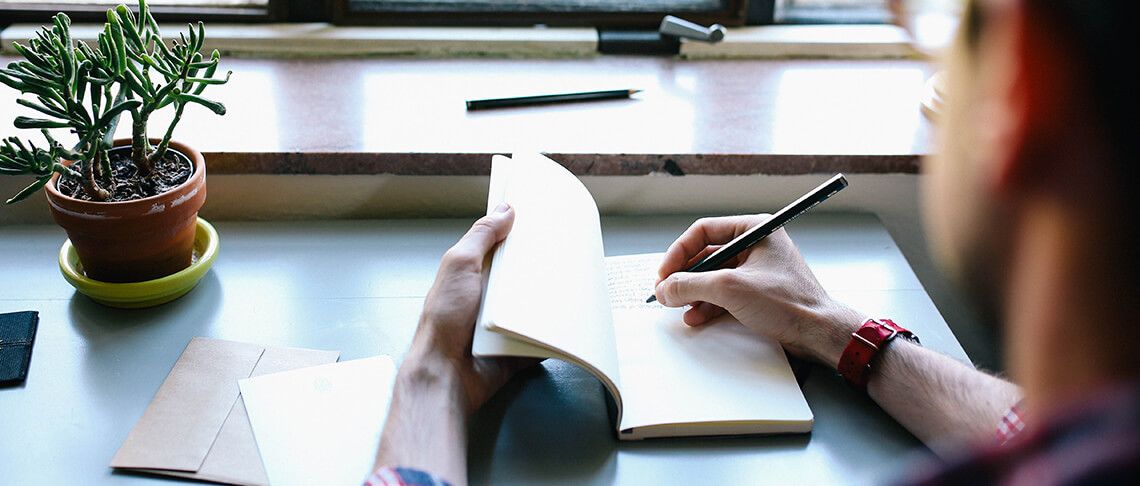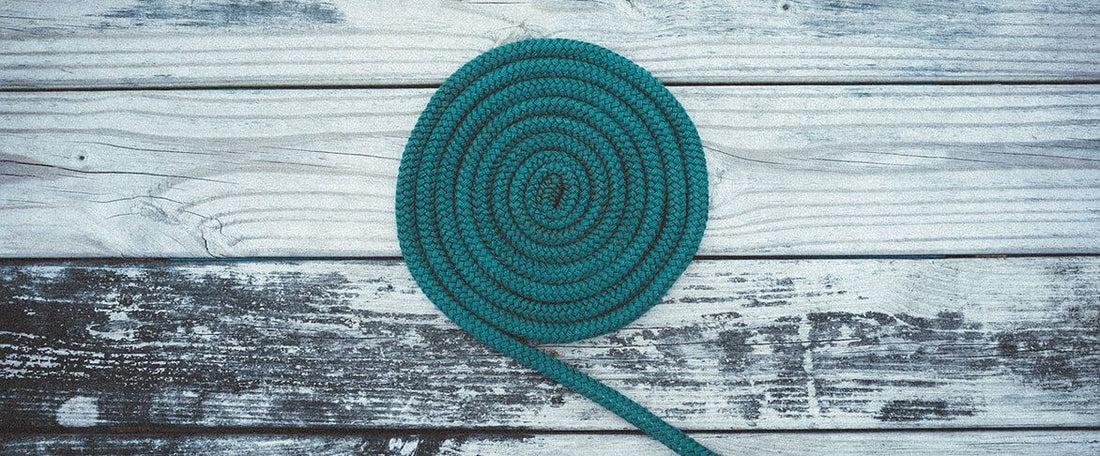10 Helpful Study Tips
Tip 1: Sleep well (Consolidation)
During certain phases of our sleep the most relevant information of the day is processed and stored, so you should repeat the most important study material for a few minutes before going to bed!
Tip 2: Overcome the bottleneck of learning by chunking!
Our short-term memory - which is our working memory - only has a storage capacity of about 7 chunks (information units), and represents the bottleneck for learning new information, but it is possible to "fool" it: When learning, always use your already existing knowledge, stored in your long-term memory, to increase the size of the "learning chunks", thus accelerating, improving and simplifying the learning process.
Tip 3: Use the power of visualization!
Most people learn in abstract and verbal ways. But we all have a phenomenal imagination. Use it to depict problems, ideas or possible solutions with your "inner eye" - even Einstein did this regularly!
Tip 4: Don't starve your brain!
A functioning brain needs the right "fuel". Vegetables, fruit, salad, lots of water and, for an extra boost, dietary supplements like BrainEffect are ideal foods for maximum brain performance.
Tip 5: Find out which learning type you are!
Observe and analyze your learning behavior to find out which learning techniques work best for you! Are you a visual type, or are you more of the auditory, tactile or communicative learning type? Through this knowledge you can improve your learning efficiency!
Tip 6: Highlight important facts
Marking the most important points in texts makes sense: It makes it easier to have an overview of the most important facts and deciding which facts really important and should be marked and what isn't helps you understanding and memorize them.
Tip 7: Treat yourself to regular study breaks!
After an intense learning period of about 45-90 minutes a break of several minutes is reasonable (even if you're still feeling fit!). The break is not "lost" time, because the new information can now be stored and the brain can draw new strength, and then continue to work hard.
Tip 8: Be a student and a teacher
It's not rare that one feels one has mastered the subject matter only to find at the exam that that was not the case. Solution: Try to teach the material to someone else, that will help you recognize your vulnerabilities and weaknesses!
Tip 9: A fresh brain needs fresh air
It's very important to open the windows regularly when studying to ensure a sufficient supply of fresh air. Just a few hours of studying in a closed room can easily result in a CO2 level that is much higher than the recommended 1500 ppm, leading to reduced concentration and learning ability.
Tip 10: Avoid stress, your neurons don't like it!
Intense, concentrated study under pressure for long periods is not easy, but it's certainly possible and harmless. But when pressure turns into stress, not only the body suffers but brain cells are irreversibly damaged too, as many scientific studies have shown.















